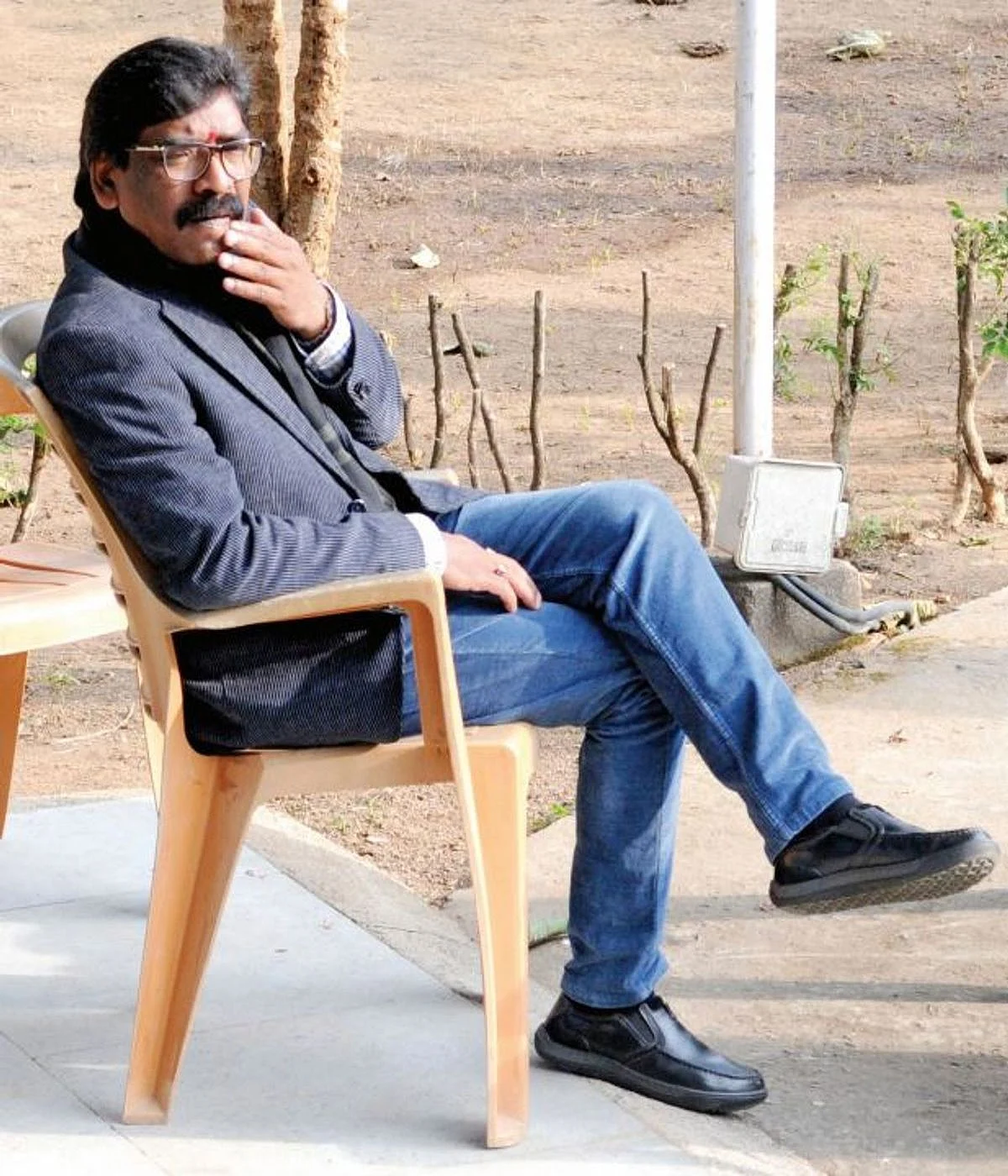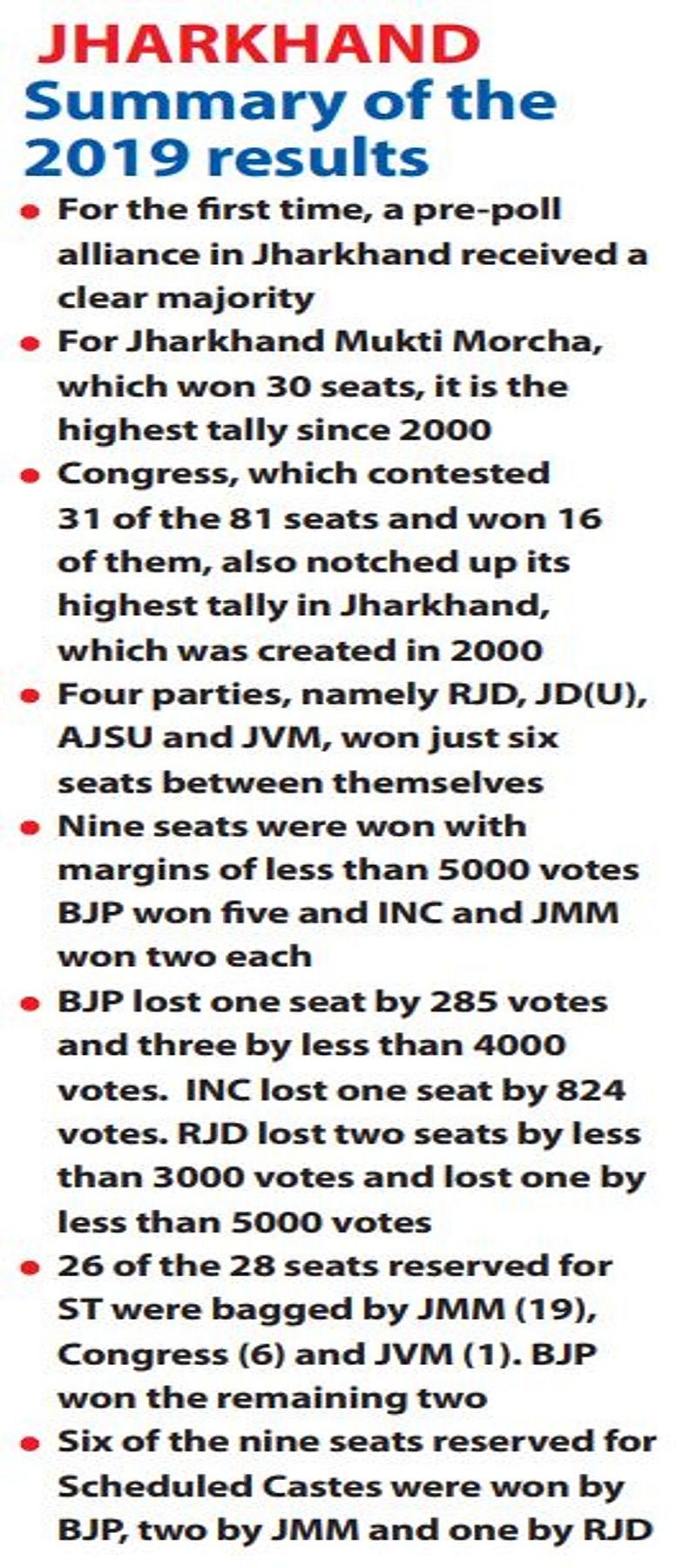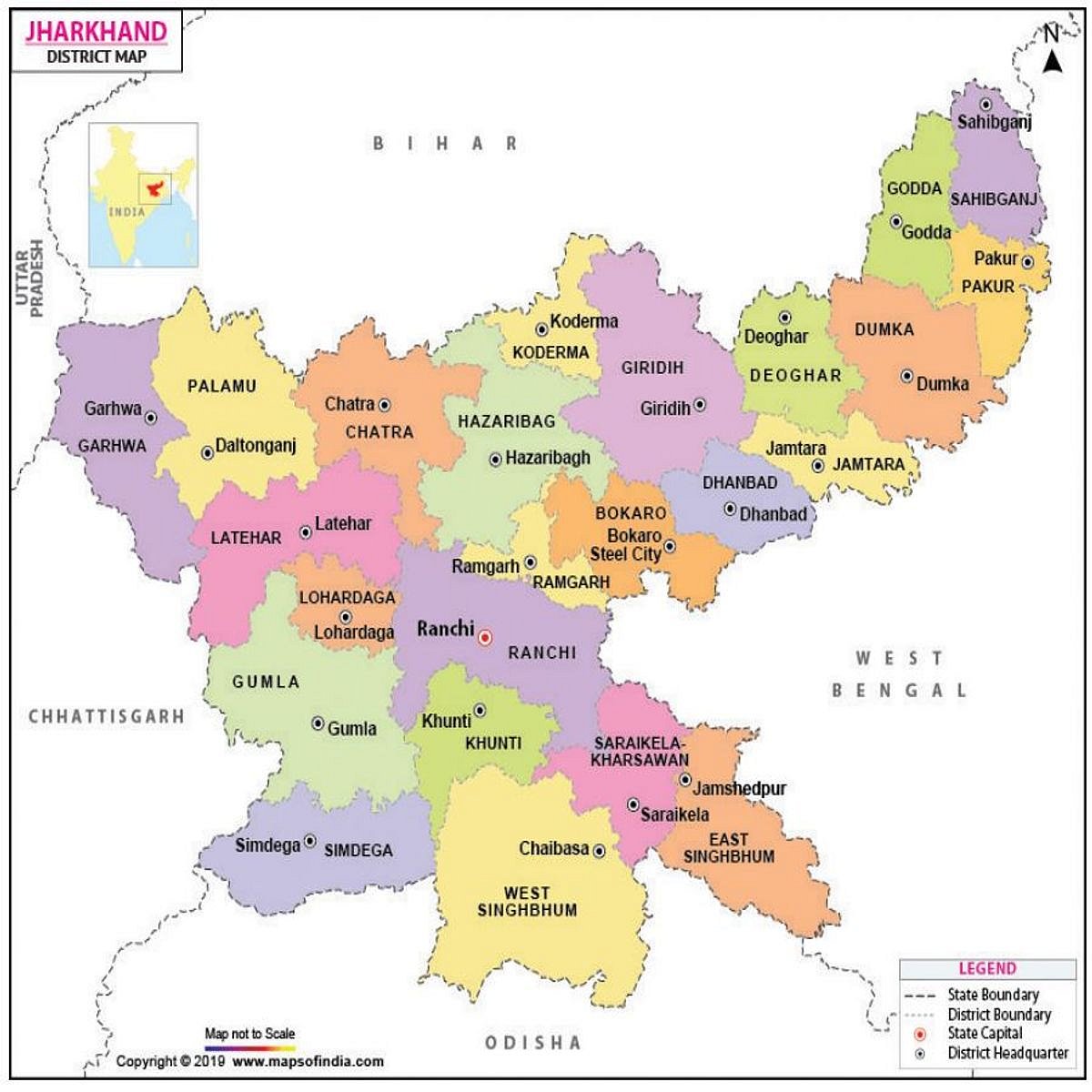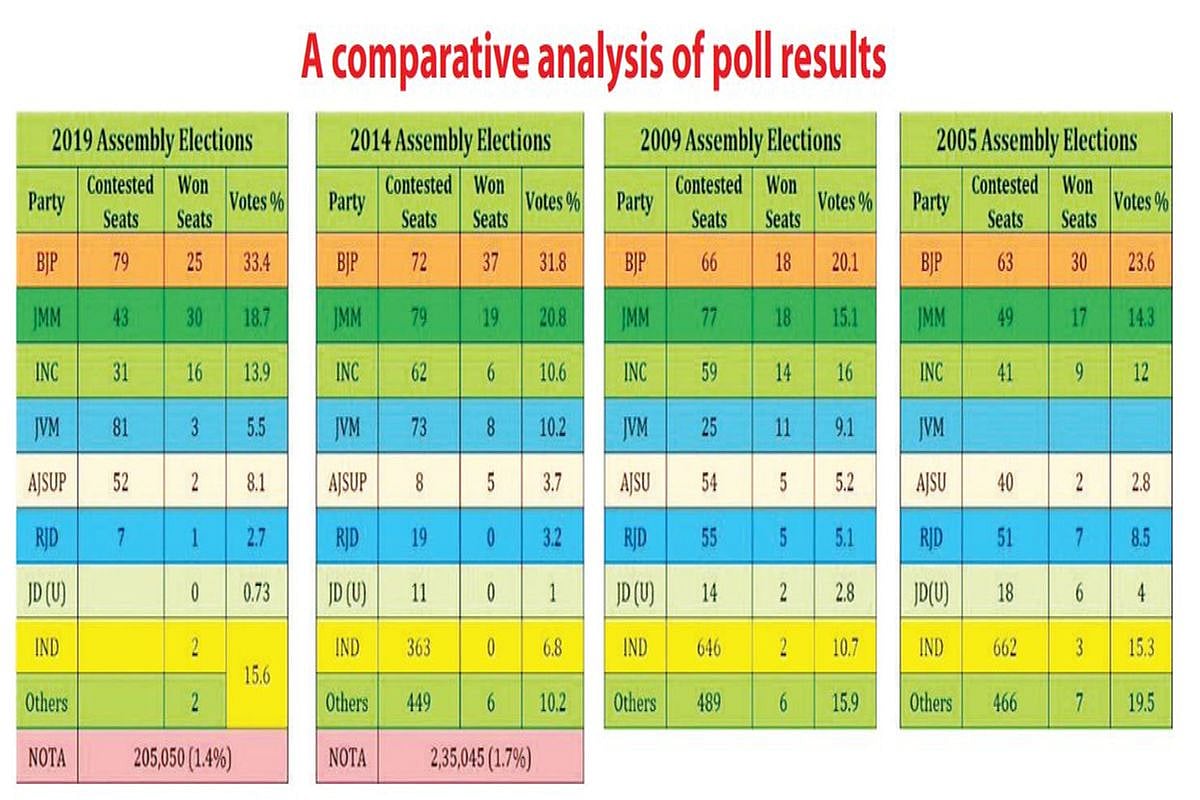Jharkhand at a crossroads: historic opportunity for Hemant Soren
Despite poor state of finances and a hostile central government, the new Jharkhand chief minister has a historic opportunity to steer the state to a new direction

Not even the Modi wave of 2014 could fetch the BJP more than 37 seats in the Jharkhand Assembly late that year, the party falling short of the halfway mark of 41. That is why the tally of 47 this time of a pre-poll alliance between JMM-Congress and the RJD is so significant.
BJP president and Home Minister Amit Shah showed his ignorance when he accused the Congress of doing nothing for the state with 26% population of tribals. It was the BJP which had created the state, he pointed out rightly, and had given the first stable government to the state.
But he ignored, deliberately or by design, the industrial and mining infrastructure built during the Congress regime. Nationalisation of coal mines, setting up of Bokaro Steel and Heavy Engineering Corporation in 1960, which at one time employed 40,000 people, the Damodar Valley Corporation and the Patratu Thermal Power Plant had all come up in the last century. Tata Steel of course had come up even earlier, before independence and at the turn of the century.

Indeed, Ranchi, which was the summer capital of undivided Bihar, hosted at one time the brain trust of the coal industry (Coal Mines Planning & Design Institute) as well as the iron and steel industry ( Metallurgical & Engineering Consultants Ltd.).
But the mineral rich state, which boasts of some of the finest iron ore in the world, deposits of coal, bauxite, granite and other minerals and a rich forest cover, has been haunted by poverty, hunger deaths, lawlessness, lynchings, Maoist violence etc. in recent years.

That is why Hemant Soren’s task is cut out. Huge public debt, rampant corruption, a hostile central government and a wounded BJP licking its wounds will make his life difficult no doubt. Expectations of tribals too would be soaring and the bureaucracy, dominated by outsiders, may turn out to be yet another stumbling block.
But there is still hope. Because in many ways, Hemant Soren, an engineering college dropout, has had the time to learn the ropes. He served as a deputy chief minister to Arjun Munda and also as a chief minister briefly. He has been a leader of the Opposition too in the Assembly. So, he has had time to learn.
He has also shown the ability to take different sections of the people with him. He trusted professionals, crafted a campaign that took help of technology and communication experts and has been active on social media (see his tweet). A new generation tribal leader, a lot of hope is pinned on him.
Shibu Soren, his father — who was 42 years old when he was elected to the Lok Sabha — became the chief minister of Jharkhand twice only after crossing the age of 60. On both occasions, Shibu Soren headed fragile coalitions supported by Independent MLAs and smaller parties. But Hemant Soren (44) is all set to become the chief minister with a far more convincing majority than his father ever enjoyed.

Indeed, even at the peak of his popularity, Shibu Soren’s JMM could never win so many ‘tribal’ seats as the party has won this time in alliance with the Congress. The alliance bagged all but three of the 28 seats reserved for Scheduled Tribes. In the Kolhan region of Singhbhum, the home turf of both outgoing BJP chief minister Raghubar Das and union minister Arjun Munda who is also a former chief minister, the BJP in fact drew a blank as the JMM-Congress alliance swept virtually all the 14 ST seats.
The result undoubtedly indicated that tribal voters had rebuffed the BJP and punished it for its perceived anti-tribal policies. But an even more significant message is the growing acceptability of Hemant Soren as a leader of all tribals in the state.
This is important because even Shibu Soren’s appeal was largely confined to the Santhals. For the past several decades, all the four major tribes of Jharkhand had leaders from their own tribe.
While Jaipal Singh, founder of the Jharkhand Party and who was the captain of the Indian hockey squad in the 1928 Olympic Games, was a Munda, he enjoyed the support of all the tribes. Oxford educated Jaipal Singh, who was also a member of the Constituent Assembly, founded the Jharkhand Party and remained the undisputed leader of the tribals of Jharkhand till his demise in the sixties.
His decision to merge the Jharkhand Party with the Congress, shortly before Jawaharlal Nehru passed away, did not go down well with tribals, largely because after Nehru, Congress leaders paid scant attention to them. Splinter Jharkhand groups mushroomed and each of the four major tribes (Jharkhand has 32 of them ) settled on their own leaders.
For a long time, Bagun Sumbrui remained the leader of the Ho tribesmen while another England educated engineer Kartik Oraon emerged as the leader of the Oraons. NE Horo and Karia Munda were accepted as leaders by the Mundas while Shibu Soren assumed the leadership of Santhals.
After these towering leaders, the tribes never quite had leaders of stature to guide them and bind them together. While Karma and Prakash Oraon followed by the retired IPS officer Rameshwar Oraon, Babulal Marandi and Madhu Koda, among others, tried to wrest leadership positions among the Oraons, Santhals and the Ho’s, their acceptability among tribes other than their own was limited.
Hemant Soren appears to have broken that jinx and for the first time after Jaipal Singh, by all accounts, his acceptability among all the tribes and even among non-tribals appears to be the highest.
A calm and affable person, married with two children, the chief minister designate gives a laidback appearance but is said to be hard working.
His political maturity was on display when he refused to speak on issues like the Ram Temple, Article 370 or the Citizenship (Amendment) Act. To him, he declared, every hungry person was Ram. Asked to comment on the citizenship law, he was candid in acknowledging that he was yet to study the provisions. But, he added, he would reject it if even a single person in Jharkhand was likely to be displaced because of the law.
If Hemant Soren manages to consolidate his hold among the tribes, overcomes differences between Christian and non-Christian tribals, and retains his goodwill among non-tribals, he can be certain to play a long innings.
Follow us on: Facebook, Twitter, Google News, Instagram
Join our official telegram channel (@nationalherald) and stay updated with the latest headlines
